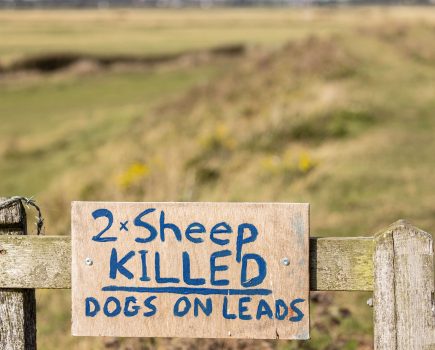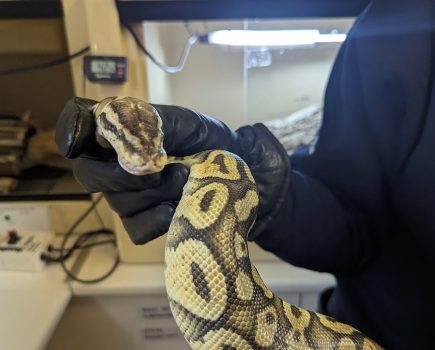Do you have the skills to run your own smallholding? There will be plenty of practical tasks, many of which will be unfamiliar at the beginning.
Do you have the skills to run your own smallholding? There will be plenty of practical tasks, many of which will be unfamiliar at the beginning. Some skills that may well pay dividends are basic construction and maintenance, basic plumbing and electrics, machinery and vehicle maintenance and repairs. You will no doubt be thinking of keeping poultry and some livestock, so acquiring husbandry and lambing skills would be a great asset. There are numerous skills that can be learned, from beekeeping to woodland crafts and cheese making to organic growing. There are, of course, numerous venues for training courses on a whole host of activities.
We mentioned The Soil Association, which is offering master classes on A Taste of the Good Life at 100 venues this year. The Centre for Alternative Technology in Wales has a new range of one-day courses for 2008, and Harper Adams University College in Shropshire, and Hadlow College in Kent also have a season of seminars that may interest you. There are also lots of opportunities for hands-on experience. One excellent way of gaining this is to join WWOOF (World-Wide Opportunities on Organic Farms, also known as Willing Workers on Organic Farms). In return for your help on organic farms, gardens and smallholdings you receive meals, accommodation and the opportunity to learn. Volunteers don’t pay to stay with hosts and hosts don’t pay volunteers for their help. The Magdalen Project in Somerset, a 132 acre organic smallholding, also offers opportunities for volunteers, as well as a wide range of courses, workshops and eco-adventures.
Smallholding stories online
Browse the internet, and you will find all kinds of inspiring stories about the lives of smallholders, their trials and triumphs. One such website is www.twoandabitacres.co.uk, a fascinating monthly diary describing how a smallholding was established and run. Here’s a flavour: “Last year was our first, and it was largely successful…almost an acre of vegetable patch, and apart from the brassicas (which the deer and pigeons shared), everything came up well, and the food was delicious.” Another worthwhile book is 21st-Century Smallholder by Paul Waddington, priced £12.99. Published by Random House, it’s ideal for concerned citizens keen to explore alternative ways of living in cities and towns but lacking the requisite land.
Going for grants A variety of grants are available from Defra. Environmental Stewardship, for example, is a new agri-environment scheme which provides funding to farmers and other land managers in England who deliver effective environmental management on their land. The scheme is intended to build on the success of the Environmental Sensitive Areas scheme and the countryside Stewardship Scheme. Find out more about grants by visiting Defra’s website at www.defra.gov.uk and click on Grants & Funding.
Making plans for a profitable enterprise
Before setting up a smallholding, you will need to consider having a business plan.
There are many activities commonly carried out by smallholders. Some may generate high value products, such as specialist crops destined for niche markets. Others produce more traditional items, such as root crops or eggs, which don’t command premium prices. Your activities will be affected by your target market, your expertise, and the kind of produce that thrives in your particular soil and climate. It can be difficult with a smallholding business to arrive at prices your customers will think reasonable but that will adequately cover your costs and the time involved. If the type of produce is widely available in the area already, you may have to set your prices in line with your competitors. You will want to consider sources of funding, setting up a website, managing cash flow and tax issues, and promoting and publicising the business. Remember that many farmers are now diversifying, so it may take some imagination to set upon a different, profitable enterprise.







